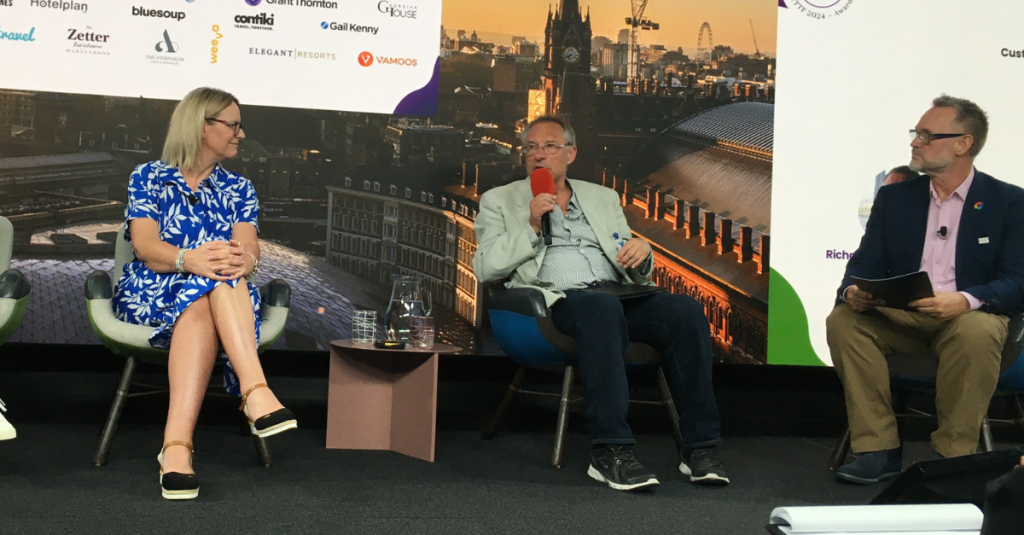The travel industry faces a call to action to better support travellers with disabilities, seen as a pressing commercial need.
- Industry leaders emphasize the vast market of travellers with disabilities, urging against viewing them as a niche group.
- Criticism arises over two decades of insufficient progress, with inclusion presented as a vital business incentive.
- Debate ensues on whether governmental intervention is necessary to drive improvements in accessibility.
- Experts discuss the need for businesses to understand hidden disabilities and the potential for missed commercial opportunities.
Travel industry leaders convened to stress the importance of catering to the vast demographic of travellers with disabilities, portraying it as a crucial commercial necessity. Richard Thompson, chief executive of specialised travel firm Inclu, pointed out the significant number of travellers with disabilities, highlighting that one in six people globally are affected. This stance counters the perception of these travellers as a ‘niche market,’ advocating instead for a broader industry recognition of their economic potential.
Thompson expressed disappointment with the industry’s lack of progress over the past twenty years in facilitating inclusive travel experiences. He asserted, “Once the industry realises this is a commercial imperative, that’s what’s going to produce changes.” Emphasising the commercial benefits, Thompson suggested that recognising inclusion as a business driver would propel necessary industry changes.
Angus Drummond, founder of Limitless Travel, decried the inadequate provisions in certain hotels and aircraft for travellers with disabilities as ‘ridiculous.’ He argued that government intervention might be essential in addressing these gaps, proposing a ‘minimum accepted framework’ as a tool to ensure accessibility standards. According to Drummond, legislative measures might be necessary to cater to travellers with the highest needs, arguing that market forces alone are insufficient.
Despite Drummond’s position, Thompson contended that reliance on governmental actions would result in prolonged stagnation. He advocated for industry-driven changes based on commercial motivations, dismissing the likelihood of meaningful government intervention in the foreseeable future. “If you’re waiting for government to make this happen, you’re going to wait decades,” Thompson warned, underscoring the urgency of industry-led initiatives.
Nicola Degnan from Hays Travel underscored the importance of understanding individual traveller needs, including hidden disabilities and neurodiversity, to enhance service provision. Holly Addison of Leathwaite highlighted the business sector’s oversight in engaging talents with disabilities, citing untapped commercial opportunities. She advocated for bridging the gap between company boards and individuals with disabilities, promoting diversity and broader industry engagement.
The travel industry’s path to meaningful inclusion lies in recognising the significant commercial opportunities presented by travellers with disabilities.

